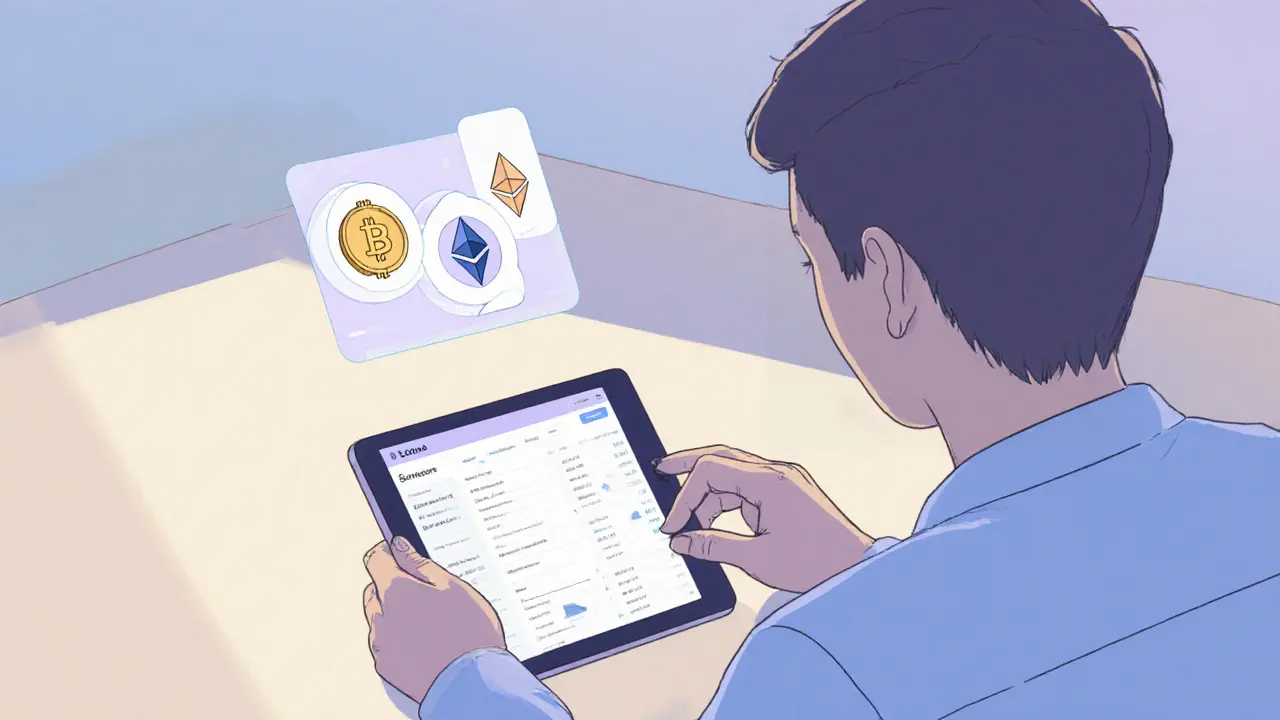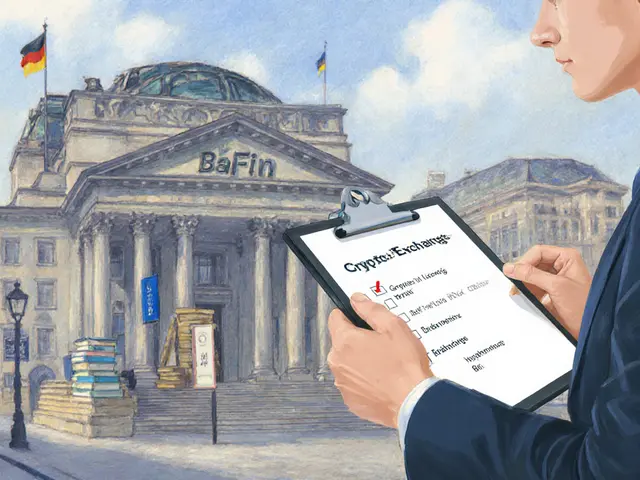Cube Exchange Security: Is It Safe to Trade on This Platform?
When you hear Cube Exchange, a cryptocurrency trading platform with limited public information and no clear regulatory status. Also known as CubeFX, it's one of those exchanges that pops up in forums but rarely shows up in trusted reviews. The big question isn’t whether it exists—it’s whether you should trust it with your money.
Security on a crypto exchange isn’t just about passwords or two-factor auth. It’s about who’s behind it, where the funds are stored, and if anyone’s watching. Cube Exchange doesn’t publish audit reports, doesn’t list any licensing bodies, and has zero verified user reviews on major platforms like Trustpilot or Reddit. That’s not normal. Even lesser-known exchanges like VyFinance at least have some trail of feedback. Cube Exchange leaves you guessing. If your coins disappear, there’s no customer service line, no legal jurisdiction, and no insurance. This isn’t speculation—it’s a pattern seen in every exchange that later turned out to be a scam.
Compare this to platforms like Binance or Kraken, which openly share their cold storage details, undergo third-party security audits, and comply with global regulations. Or even smaller but transparent DEXs like Uniswap, where you control your keys and the code is open. Cube Exchange offers none of that. It’s a black box. You deposit, you trade, you hope. And if something goes wrong? Good luck. The lack of transparency isn’t just a risk—it’s a warning sign that screams louder than any headline.
Looking through the posts on DexSharp, you’ll find deep dives into exchanges with similar profiles—ZBG, VyFinance, and others that turned out to be high-risk or outright fraudulent. The common thread? No licenses, no audits, no user trust. Cube Exchange fits right in. You won’t find a guide here saying "use Cube Exchange"—but you will find the tools to spot why it’s dangerous. What you’ll see below are real breakdowns of exchanges that looked promising but failed their users. Learn how to check for hidden red flags, what to demand from any platform before depositing, and how to protect yourself when the market gets noisy. This isn’t about fear. It’s about staying sharp.

Cube Exchange offers zero-fee crypto trading with non-custodial security, but lacks regulation and altcoin support. Ideal for fee-sensitive traders who manage their own keys. Not for beginners or those needing regulatory protection.
Jonathan Jennings Oct 29, 2025




